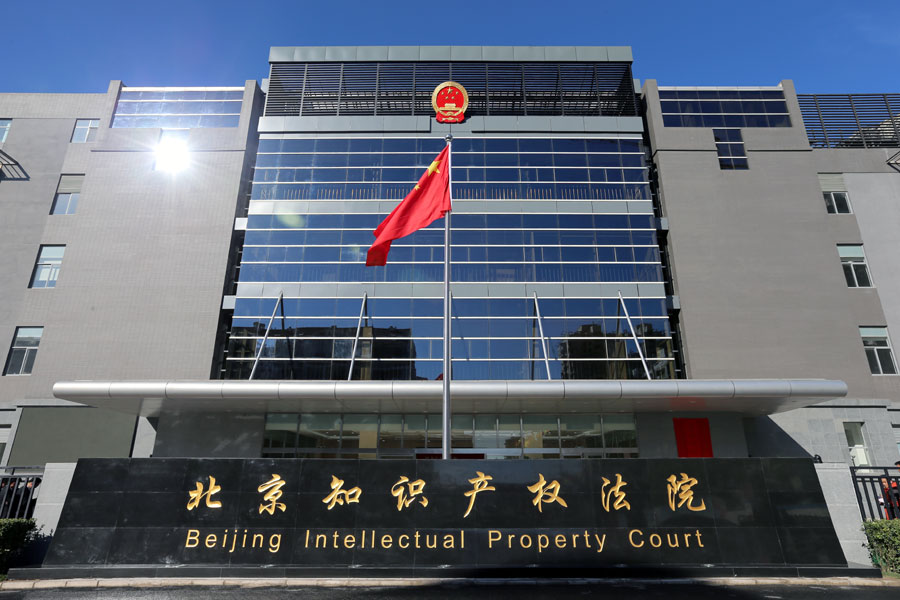
China: E-Commerce Law Passed | Global Legal Monitor: (November 21, 2018)
According to the PRC E-commerce Law, (Zhonghua Renmin Gongheguo Dianzi Shangwu Fa) if an intellectual property (IP) rights holder believes that an operator on a platform has infringed its IP rights, the IP rights holder may notify the platform operator and request the latter take necessary preliminary measures, such as deleting or screening information about the alleged infringement, disconnecting the relevant webpages, or terminating the transaction or service. If the platform operator fails to promptly take the necessary preliminary measures upon receiving the notice, it is jointly and severally liable for additional damages along with the operator on the platform. (E-commerce Law art. 42; Beckett & Ge, supra.)
Whenever the platform operator knows or should have known that an operator on the platform has infringed others’ IP rights but fails to take the necessary preliminary measures, the platform operator is jointly and severally liable for all damages caused. (E-commerce Law art. 45; Beckett & Ge, supra.)
A platform operator that has failed to fulfill the abovementioned responsibilities and make corrections as ordered by the government IP authority within a specified time period is also punishable by a fine ranging from 50,000 yuan to 2 million yuan. (E-commerce Law art. 84.)
According to the Law, “electronic commerce” includes all business activities of selling goods or providing services though information networks such as the internet, with the exception of financial products and services and services that provide news, audio and video programs, publications, or cultural products. (Id. art. 2.)
The Law defines three types of “e-commerce operators”:
(1) platform operators, referring to any legal persons or unincorporated organizations that provide virtual places of business, transaction matching, information release, and other services to the parties of an e-commerce transaction to enable them to carry out independent transaction activities
(2) operators on platforms, referring to e-commerce operators that sell goods or provide services to customers through e-commerce platforms
(3) other e-commerce operators, referring to e-commerce operators selling goods or providing services through self-established websites or channels other than the platforms
No comments:
Post a Comment